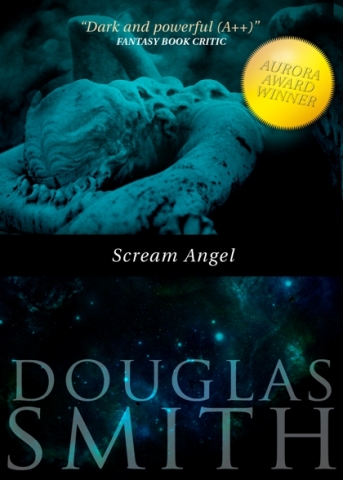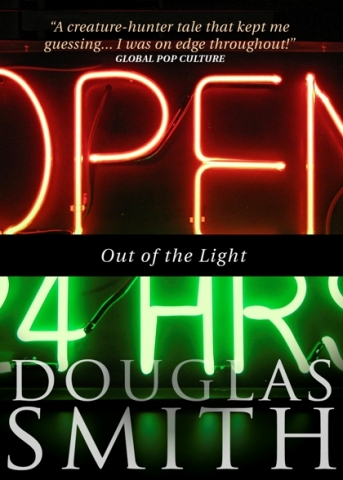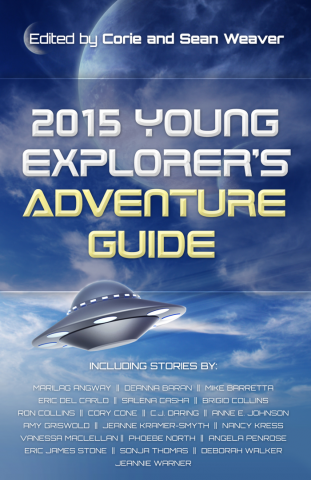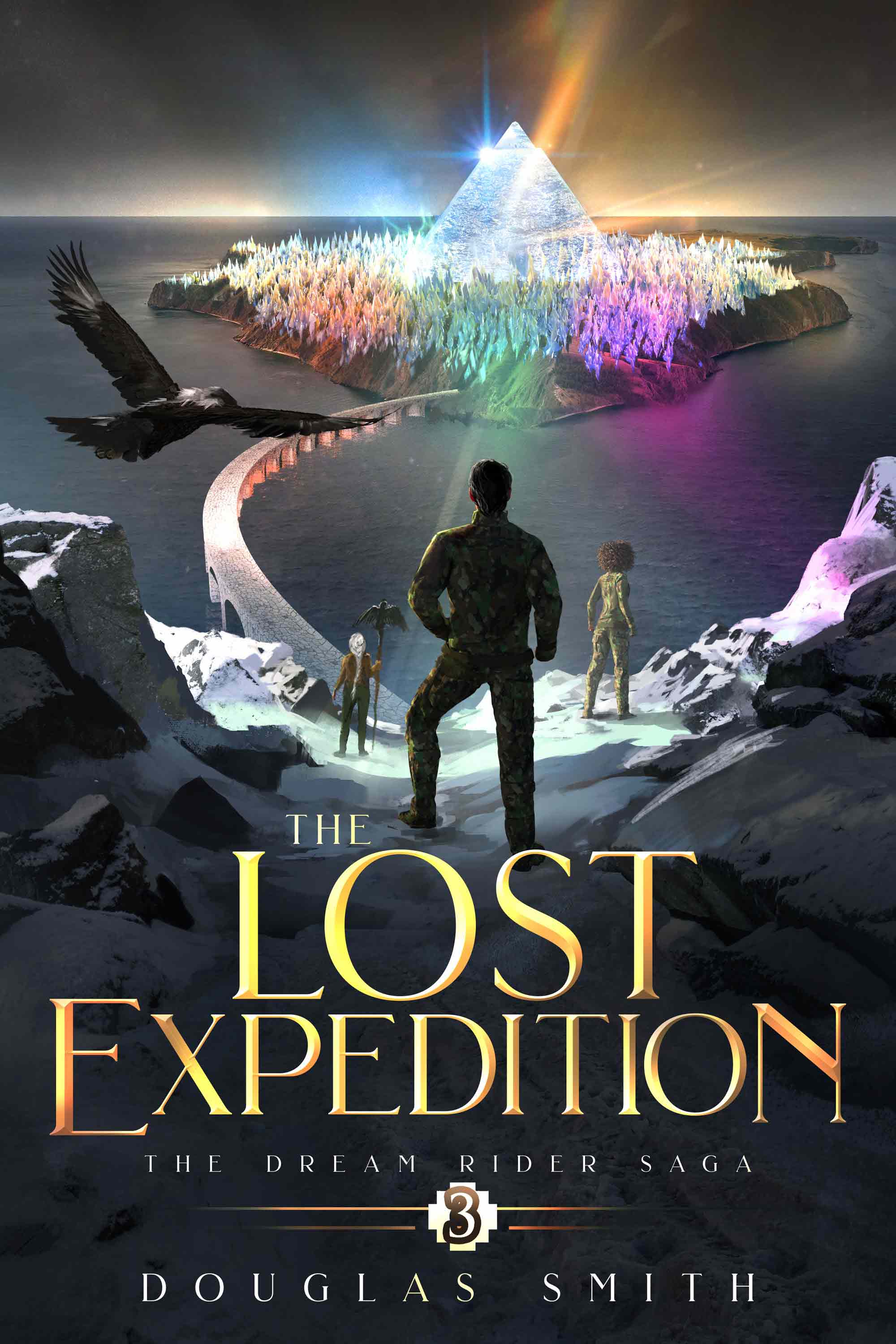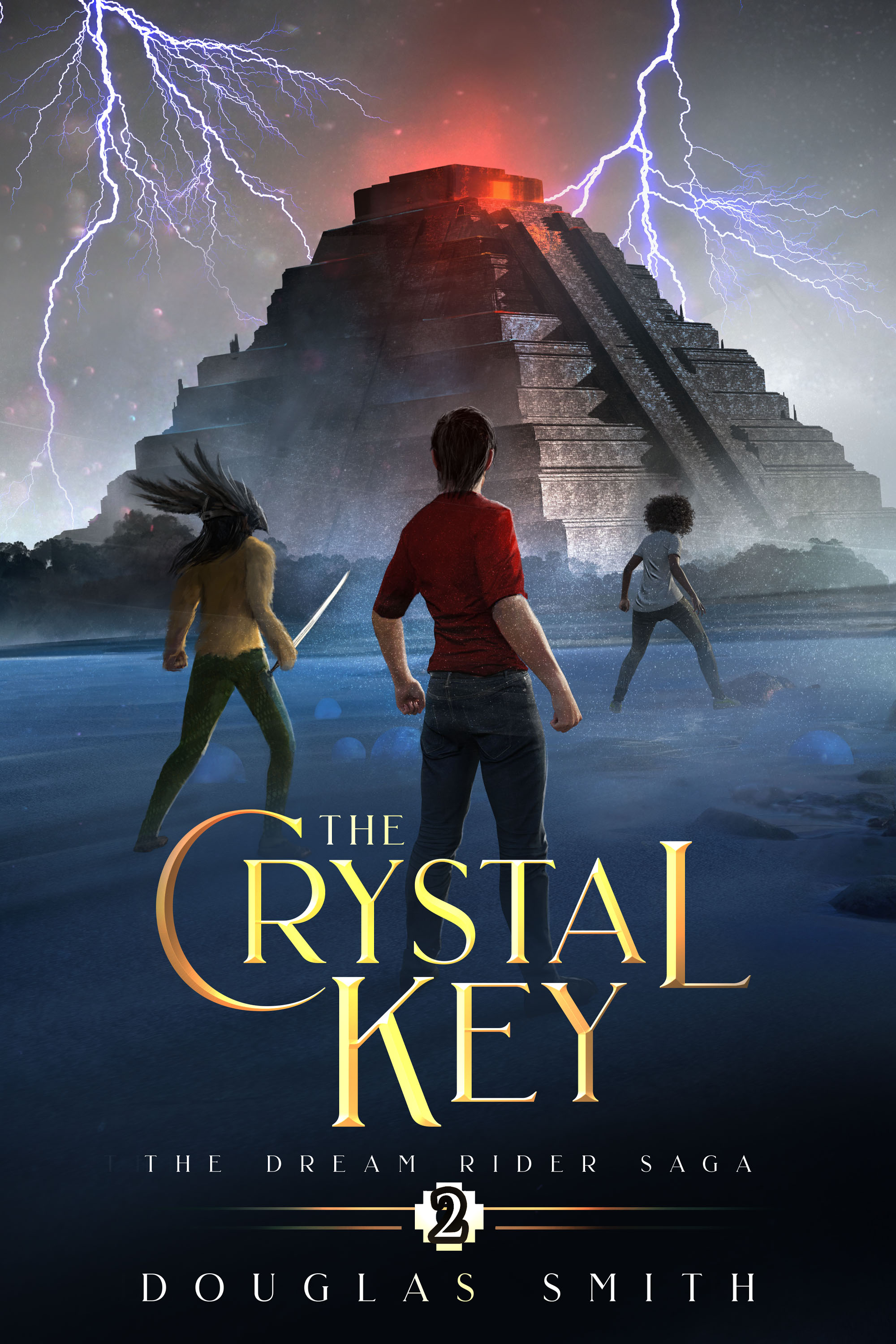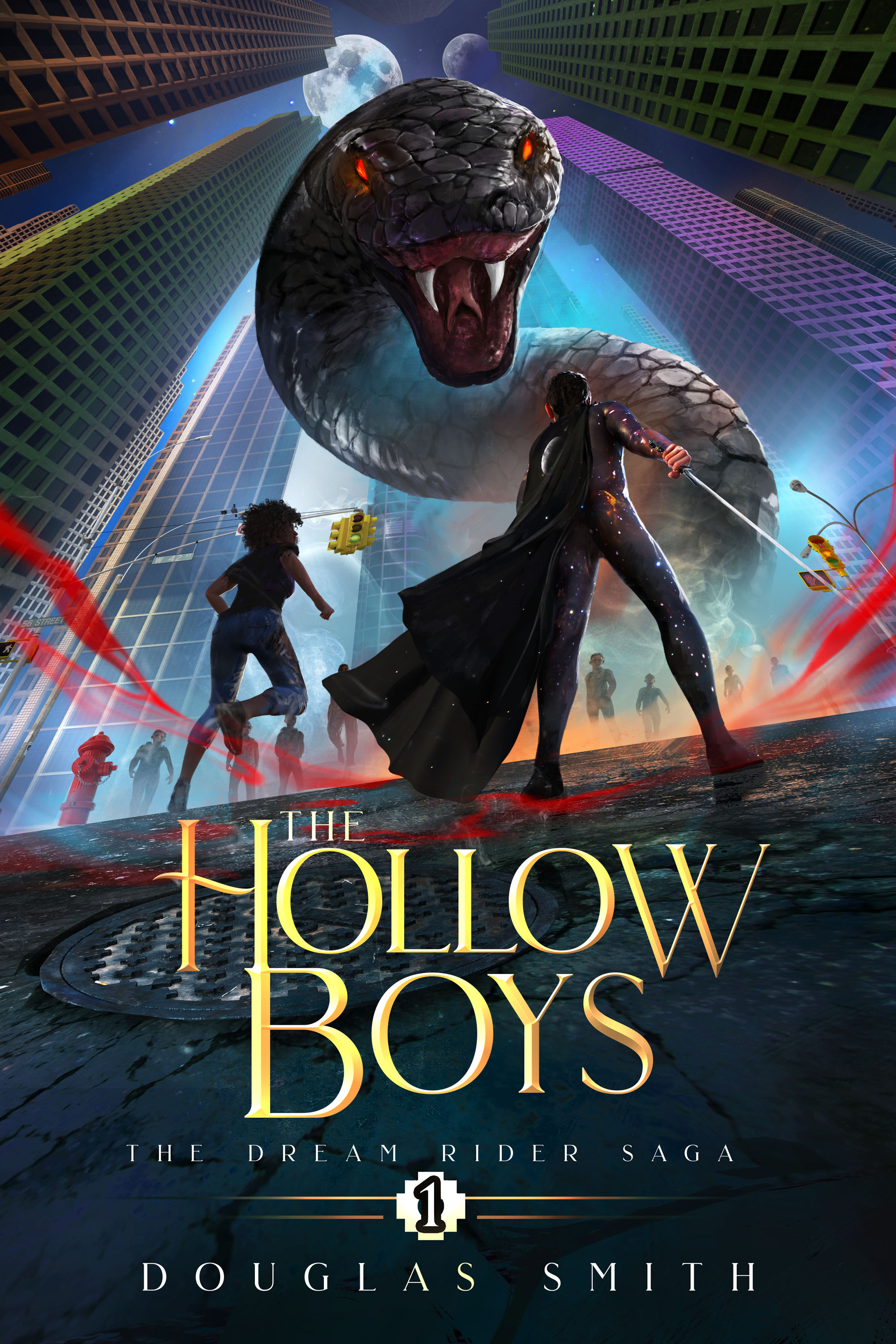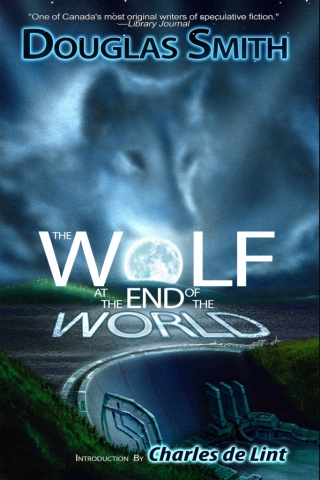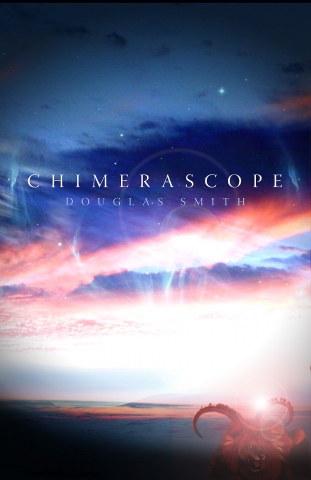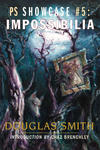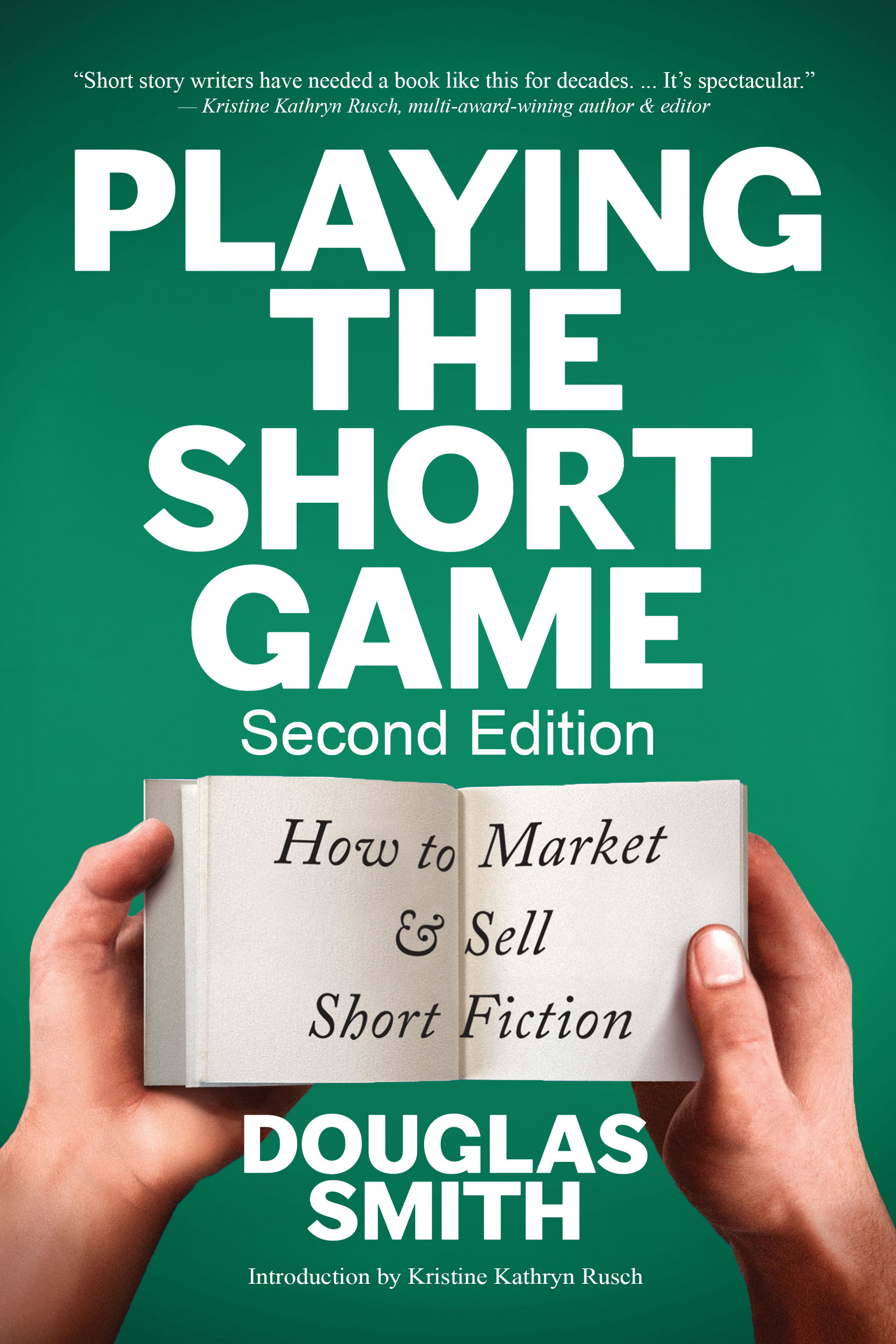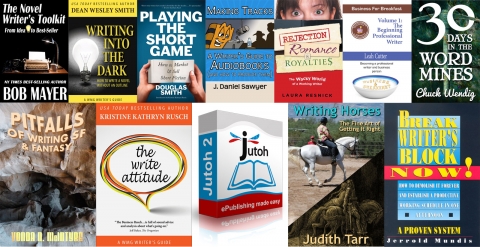 Are you a writer? Or do you know someone who is? If so, how would you like to pick up eleven books at once that contain everything you need to know to be a writer and to build a writing career? Books written by established pros, best sellers, and award-winners. Sound good? What if you could also get a 40% discount on the best software available today for producing professional quality ebooks, the tool used by the top indie authors?
Are you a writer? Or do you know someone who is? If so, how would you like to pick up eleven books at once that contain everything you need to know to be a writer and to build a writing career? Books written by established pros, best sellers, and award-winners. Sound good? What if you could also get a 40% discount on the best software available today for producing professional quality ebooks, the tool used by the top indie authors?
Well, you can (yeah, you knew that was coming). For a limited time, StoryBundle is offering "The Write Stuff" ebook bundle that gives you all of the above. This bundle was curated by the award-winning, multi-genre author and editor, Kristine Kathryn Rusch. Here's what Kris says about how she put the bundle together:
"So many people who write books on writing have never published fiction or had a real writing career.
But not here. We have worldwide bestsellers, award-winners, and career writers of longstanding. Every single writer here has lived the writing life—and has much to say about it.
We have four craft books in the bundle, provided by Dean Wesley Smith, Jerrold Mundis, Vonda McIntyre, and Judith Tarr. Dean wrote Writing Into The Dark for all the writers who don't like outlining before they start a project. That book goes hand in hand with Jerry's book, Break Writer's Block Now! If writing into the dark won't stop you from freezing before blank screen, then Jerry's book will. Vonda's book, Pitfalls of Writing Science Fiction & Fantasy, has excellent craft advice even if you don't want to write in those two genres. And finally, Judy's book, Writing Horses: The Fine Art of Getting It Right is a godsend for those of us who write fantasy, historical, or western fiction.
We have books that focus on the form your writing can take, be they short stories, novels, or audio books. Douglas Smith wrote the definitive book on all aspects of a short story writer's career, from completion to publication and republication. You can find all that wisdom in Playing the Short Game. Bob Mayer gives you everything you need to know about writing novels to selling them in The Novel Writer's Toolkit. J. Daniel Sawyer teaches you how to turn those prose pieces into podcasts and audio books in Making Tracks.
We have a book that focuses on business as well. Leah Cutter's Business for Breakfast divides the writing business into bite-sized pieces for easy digestion.
And then there are the books on the writing life. Chuck Wendig's 30 Days in the Word Mines gives you a peek into a writer's day-to-day existence, with lots of writing tips to help you through. Laura Resnick's classic Rejection, Romance, & Royalties shows, as the subtitle puts it, "the wacky world of a working writer." My own, The Write Attitude, helps writers pick themselves up and dust themselves off when the writing world becomes wacky—as it so often does.
Plus, we have a marvelous bonus item. The kind folks who developed Jutoh have contributed a 40% off coupon for their product. If you're doing your own publishing, you want Jutoh. … You can be completely confident that you have a top-of-the-line epub that will pass even the strictest e-retailer demands.
So here it is: Everything you need to know to write what you want, how you want to write it, what to do with it when you're done, and how to survive the perils and pitfalls of a writing career."
Sounds great, right? It gets better. You only need to pay a minimum of $5 to get the initial set of six titles in The Write Stuff bundle.
The Novel Writer's Toolkit by Bob Mayer
Writing Into the Dark by Dean Wesley Smith
Playing the Short Game by Douglas Smith
Making Tracks - A Writer's Guide to Audiobooks by J. Daniel Sawyer
Rejection, Romance & Royalties by Laura Resnick
Business For Breakfast - Vol 1: The Beginning Professional Writer by Leah Cutter
That's less than a dollar a book! And, if you pay at least $15, you'll get another five books, plus a very special code for 40% off Jutoh, an indispensable ebook creation tool for all ebook platforms, including epub and Kindle.
Break Writer's Block Now! by Jerrold Mundis
Writing Horses - The Fine Art of Getting It Right by Judith Tarr
The Write Attitude by Kristine Kathryn Rusch
Pitfalls of Writing Fantasy by Vonda N. McIntyre
30 Days in the Word Mines by Chuck Wendig
40% Discount Code! by Jutoh - get 40% off your Jutoh purchase!
And don't worry about what kind of ebook reader you need--you get multiple DRM-free formats (both .epub and .mobi) for all books.
You can also give this bundle as a gift to that writer you know. StoryBundle has gift cards that allow you to send someone a code that they can redeem for any future StoryBundle bundle – and with timed delivery so you control exactly when your recipient will get the Write Stuff bundle.
But don't wait to decide! The Write Stuff bundle is available for a very limited time only. This offer expires at midnight on June 4, 2015. So go to http://storybundle.com/writing right now to get this bundle and kick start your writing career.
(More on StoryBundle: StoryBundle was created to give a platform for independent authors to showcase their work, and a source of quality titles for thirsty readers. StoryBundle works with authors to create bundles of ebooks that can be purchased by readers at their desired price. Learn more here.)
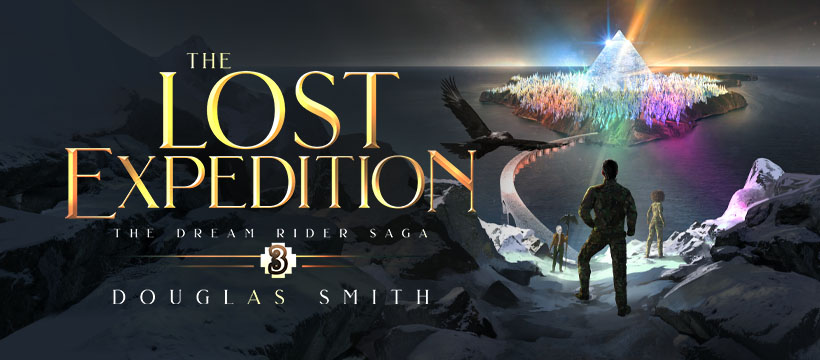
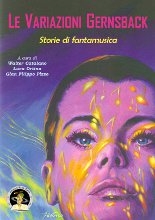
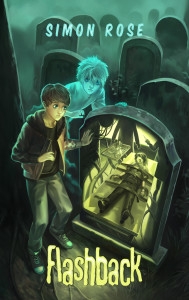

 [Note: SFWA (the Science Fiction & Fantasy Writers of America is celebrating its 50th anniversary this year, and as part of their celebrations, they have asked a number of members to participate in a
[Note: SFWA (the Science Fiction & Fantasy Writers of America is celebrating its 50th anniversary this year, and as part of their celebrations, they have asked a number of members to participate in a 